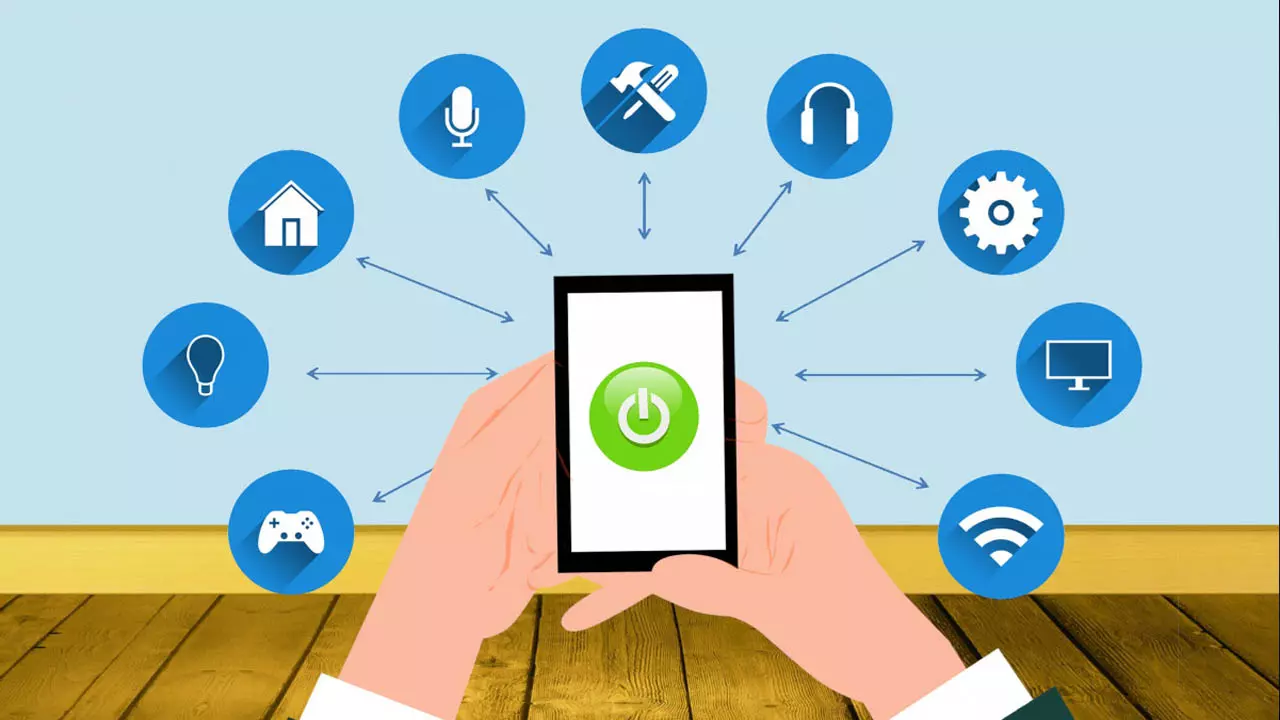Embarking on the journey of home automation can be an exciting venture, but it’s crucial to make the right preparations to ensure a seamless experience. Whether you’re just getting started with smart bulbs and plugs or considering more advanced devices, understanding how to have your home ready for home automation is essential.
The Importance of a Good Wi-Fi Connection
One of the fundamental requirements for successful home automation is a reliable internet connection. It serves as the backbone that enables remote access to your connected devices. Imagine you want to distribute temperature sensors or motion detectors throughout your home and connect them to a smart thermostat. In this scenario, all these devices need a robust internet connection to function seamlessly.
Before diving into home automation, assess your Wi-Fi network. Does it provide coverage throughout your home? Is the signal strong enough to support connections from various smart devices? If your connection is weak or doesn’t cover the entire house, it can lead to connectivity issues and hinder your ability to fully utilize home automation.
A recommended solution to ensure optimal Wi-Fi coverage is to set up a Mesh network. Mesh networks, whether with consumer-oriented options like ASUS ZenWiFi or professional-grade solutions like Aruba Instant On, provide reliable coverage and connectivity even in larger homes.

Enhancing Your Internet Connection
If you find that your internet connection isn’t up to par, don’t worry; there are solutions available. Devices like range extenders or mesh network systems can help improve coverage and speed, addressing potential issues that may hinder your home automation efforts.
Selecting the Right Router
A crucial element in optimizing your home network for automation is the router. When choosing a router, consider the following features:
- VLAN (Virtual LAN): This feature allows you to segment wired and wireless traffic, isolating devices from each other for added security.
- QoS (Quality of Service): QoS lets you prioritize specific network traffic, ensuring smooth performance for activities like video calls or online gaming.
- VPN Server and Client: A router with VPN capabilities enables remote access to your local network while ensuring secure, encrypted connections.
- Standard Configuration Options: Ensure the router offers standard configuration options for your Wi-Fi network, wired network, NAT ports, and more.
By selecting a router with these features, you’ll create a robust foundation for your home automation system.
In conclusion, preparing your home for automation involves assessing your Wi-Fi network, improving your internet connection if needed, and selecting a router with the right capabilities. With these considerations in mind, you’ll be well-equipped to enjoy the benefits of a smart home without connectivity or performance issues.

